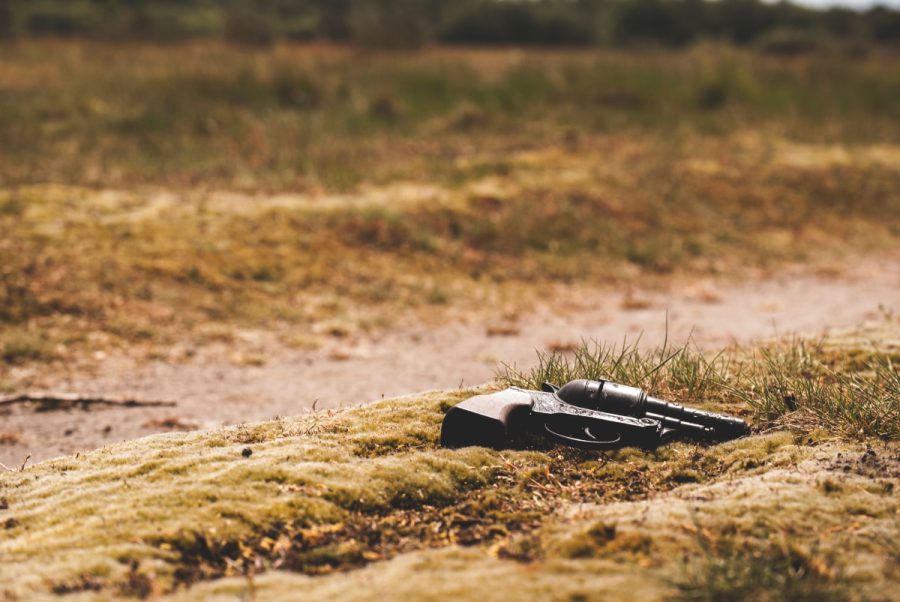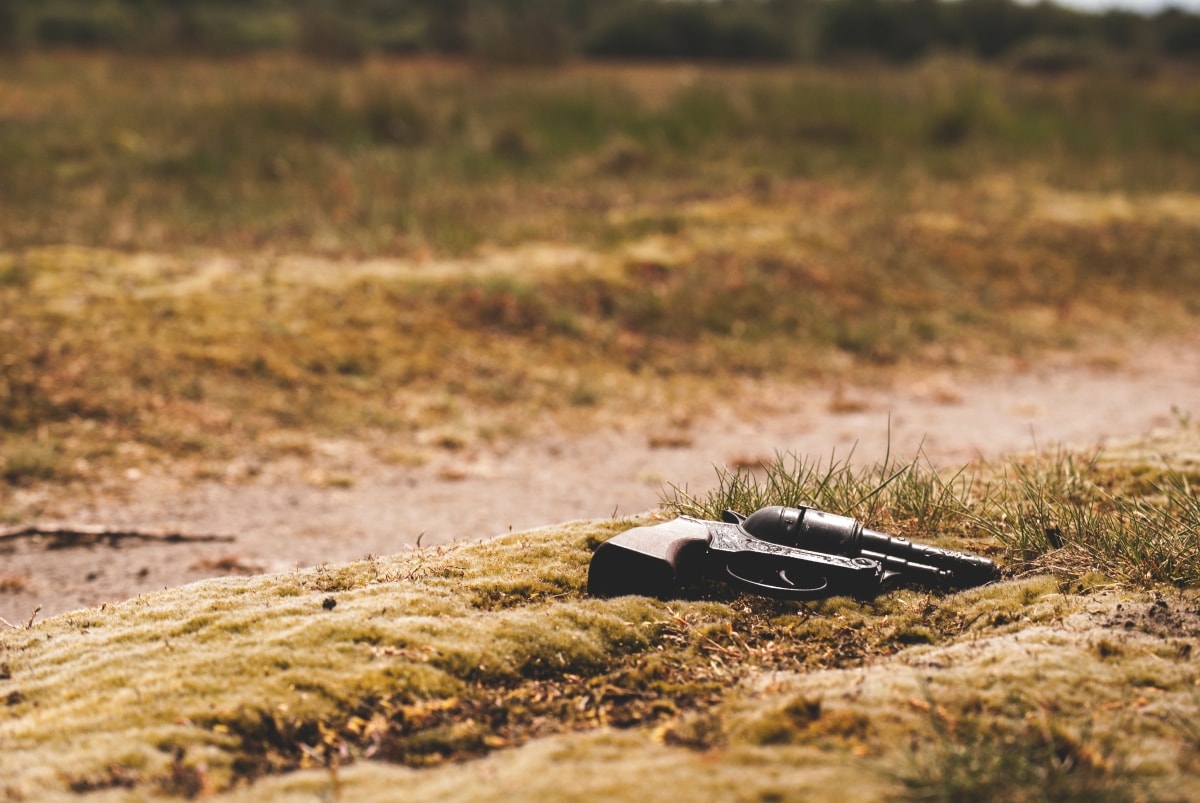ARTICLES, HEALTHY LIVING & WELL BEING. EATING DISORDERS
Talking to Your Child About Shootings


It seems as though there’s a shooting in the news at least once a week in the United States. Two of the worst mass shootings to happen in that country took place just over a month’s time apart. You can do as much as you can to shelter your child from the news, but there’s a good chance you’re going to have to talk to them about gun violence and mass shootings eventually. It’s important that you’re the one to start the conversation and not one of their friends or someone else.
Getting the scoop
Do you tend to watch a lot of news after these events? Be careful who is watching it alongside you says Jane Ripperger-Suhler, a child psychiatrist at Seton’s Texas Child Study Center. “It really depends on the developmental level of the kids,” she told Austin 360. “Consider how you think your child will take what they see on TV, I wouldn’t watch a lot with preschooler.”
Be careful how much of the news you let your child see if they’re younger. You don’t want them to see frightening pictures and videos that pop up on the news and social media.
Explain it in the simplest terms
Maybe they haven’t seen the news or don’t understand what took place. You can explain it to them, but do it in the most self-explanatory way; tell them that “A man shot people at a church because he was upset about something.” Be careful how you come off about the subject. If you’re nervous or swoon over it, they’re more than likely to feel the same.
If your child is in elementary school let them know about the tragedy and share the basic details. Leave the door open for them to come to you if they have any questions.
If they become fixated on the shooting and aren’t interested in talking about it, try to shift their focus, play a game or give them a colouring book.
If your child is older and in junior high or high school, you can have a conversation with them, but be ready to answer their questions. Don’t force them to talk about it. Feel it out and see if they want to. If they do, ask questions like “what do you think about this?” and “what questions do you have?”
Remind them they’re safe
It’s most important to tell them that they’re safe. If they’re at school their teachers will keep them safe. If they’re at hockey their coaches will keep them safe. If they’re at church the pastor will keep them safe. Tell them that they’re not in any imminent danger.
After a few days if they can’t move past the news and are afraid to leave the house or go to sleep or start having physical symptoms of stress it’s important to seek out help for them now instead of waiting.
Go about your day to day life as normally as possible. If your child has some fear about a shooting or shooter remind them that you will keep them safe.







